
Recommendation
Don’t expect to learn how to win arguments by reading law professor Stanley Fish’s treatise. His main premise is that arguments pervade every aspect of life, never truly end and, therefore, cannot have a victor – at least, not a permanent victor. If you accept the certainty of argument and embrace it as all encompassing, you have clear motivation to get better at “argumentation.” At the least, you might learn to avoid the most fruitless of all arguments – those with your partner or spouse. Fish writes more about the philosophy of argument than practical techniques, but if the way discourse unfolds intrigues you, getAbstract – while always politically neutral – thinks you’ll enjoy his compelling exploration of why and how people disagree.
Summary
About the Author
Award-winning professor and former dean Stanley Fish teaches law at universities in New York and Florida. He also wrote the bestseller How to Write a Sentence: And How to Read One.









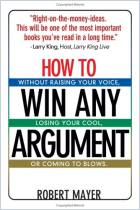
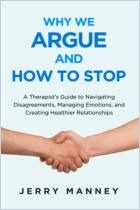

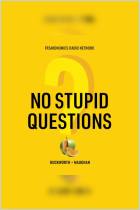
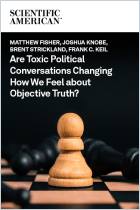
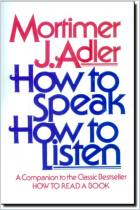

Comment on this summary or 开始讨论